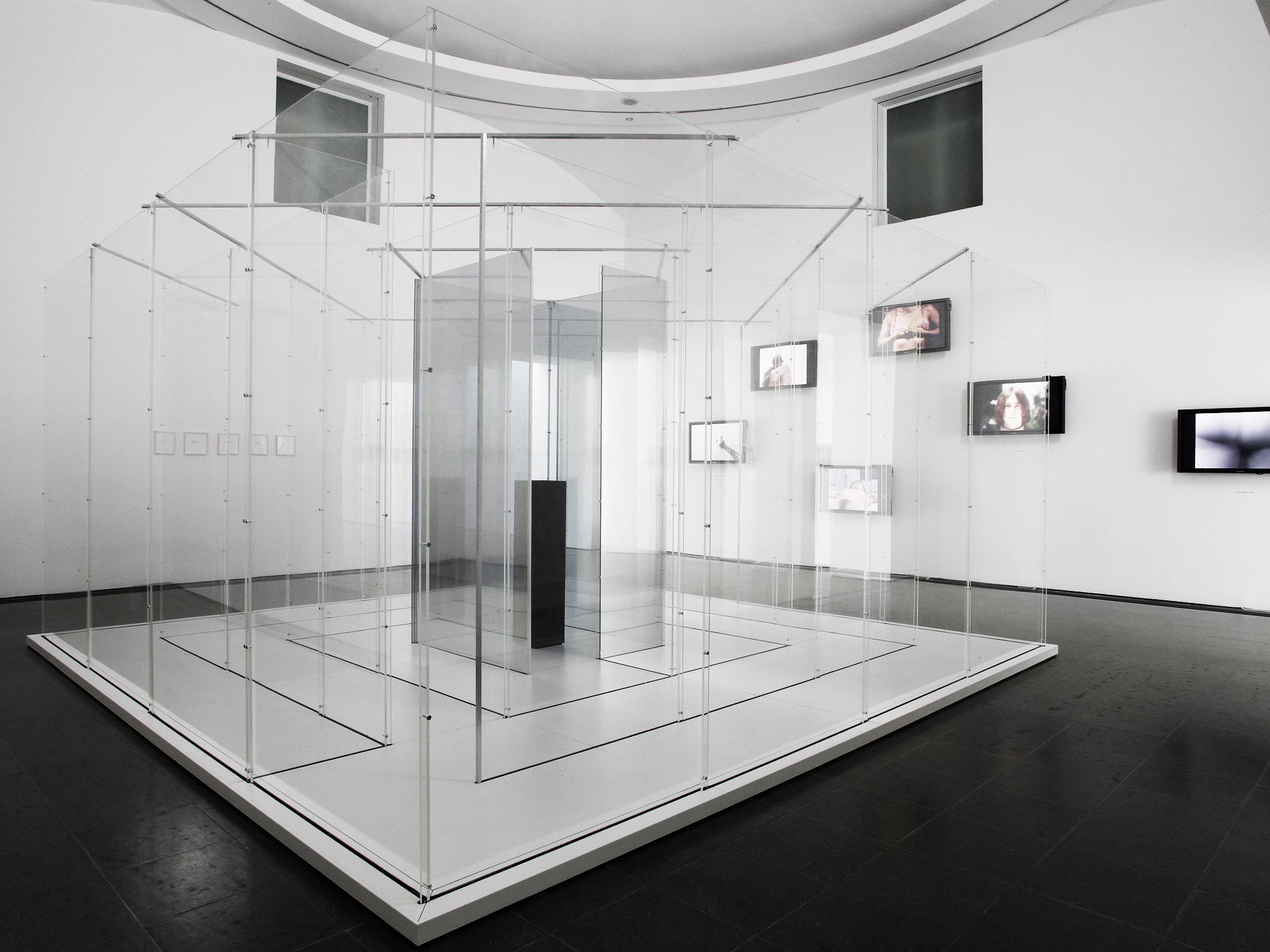The case for a different mindset and why creativity holds the key
Introduction
In case you’ve been living on a rock, it’s unequivocal that we find ourselves at a pivotal inflection point. Unprecedented in recorded history, technocrats, academics, thought leaders and profound thinkers across cultures are individually recognising that the complexities of societal issues can’t be truly addressed through laws and policies alone. These are the unspoken conclusions of those delving deeply into nth-order effects. They converge on a unanimous notion: that a cluster of human traits consistently steers civilisation, environment, and the prospect of existence with any equilibrium, towards collective destruction.
I have noticed that this point of arrival is unanimous and almost unmistakable in its theme, but is yet to be united into a message with any recognition or momentum. The common themes of this message can be traced back to the origins of storytelling, but however urgently conveyed by activists, achieving a clear “combined arms” vision has proven elusive, hovering somewhere between garbled, muddy, and alt-hippy.
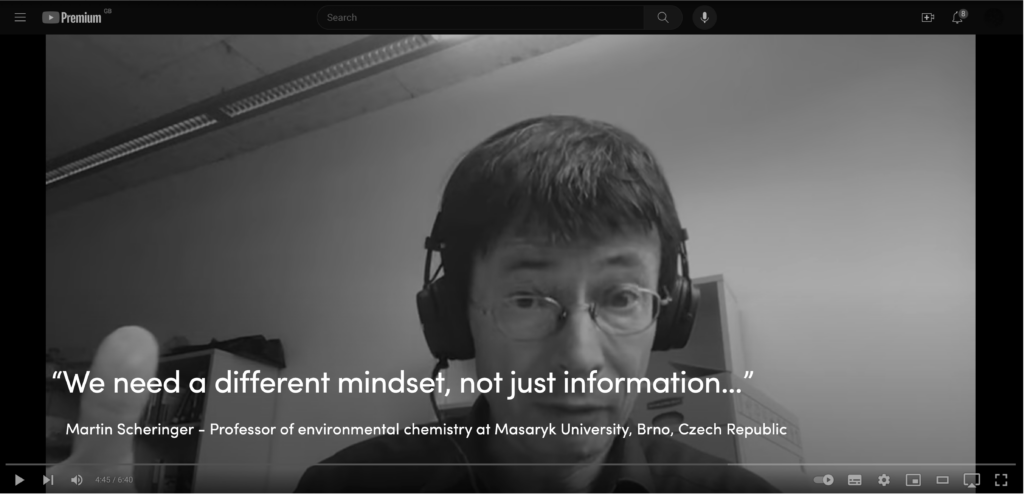
Newfound distillation
However, cut through the crap, harness the power of instantaneous global connectivity, and acknowledge the newfound empowerment DIY platforms (from Youtube to Discord) are providing those on the frontlines. From environmental chemists seeing PFAS in mother’s milk, to geologists quantifying mineral depletion, and psychiatrists measuring stressors, gradually, one can discern the unmistakable resonance of a message being distilled.
However it is conveyed, the need for a different mindset, a paradigm shift, a new way of thinking, an alternative way of existence, is eventually the decisive reality. This is a realm of conclusions that inherently stirs a lump in one’s throat, often accompanied by a profound realisation. And for those who allow full comprehension of this message to settle, this is all followed by an impactful “oh, fu@k!” moment.
In simple terms, both as individuals and as a species, we’ve arrived at a juncture where whatever the “solution,” only a monumental transformation in human values and consciousness could hope to have the potential to rebalance a co-existence with Earth. An extraordinary reality, extending beyond the construct of written language, surpassing the imagination and comprehension of most, and nearly inconceivable to internalise. Nevertheless, this is a trajectory that can only go into the realm of the unimagined and profound.
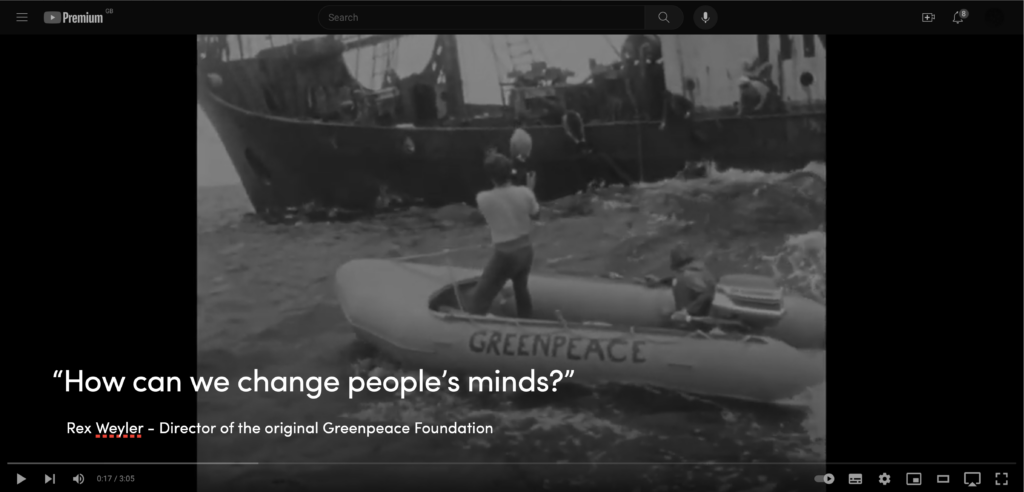
The necessary distance
The gritty realism, as elucidated by psychiatrist and writer Iain McGilchrist, is that we’ve found ourselves entrenched in a “hall of mirrors” of our ideas, unable to attain the necessary distance needed for contemplation. Everyone’s interpretation is different but for me, this reality manifests as an overwhelming kaleidoscope of mass information, unattainable aspirations, complex forces, engineered stressors, projected emotions, physical construction, blinking technologies, noisy communication, mental constructs, and on it goes…
As we drove ourselves into this realm of hyper-messiness and mass industrialisation, we left behind our ancient and refined methods of escape. As thoughtful beings, these were the methods that once afforded us perspective and the essential distance required to reflect on our existence. McGilchrist encapsulates these methods as art, religion, and nature, explaining that (paraphrasing):
Art has been under relentless attack, trivial, clever, ironised, highly representational, abstract and often silly, and deliberately undermined its ability to engage deeply at a subconscious level through the powder of visceral imagery and metaphors.
Religion has become social work or a collection of absurd propositions to most people and lost its faith in our lives where it used to remind us that there’s more going on here than meets the eye.
Nature is nothing like the world we’re now taught we should live in. (A century ago, the majority of us lived within nature, but today, that number has dwindled to around 15%)
And this is where my strong belief in art reemerges. Reacquainting humanity with creativity and the transformative power of art holds the ultimate key to shaping future thinking and visions. Not through more elite art fairs, or more rusty sculptures on roundabouts, and not through the invention of more underfunded ‘art centres’, instead, it necessitates a profound and holistic reconnection with creative thinking embedded within the very fabric and decision-hubs of society.
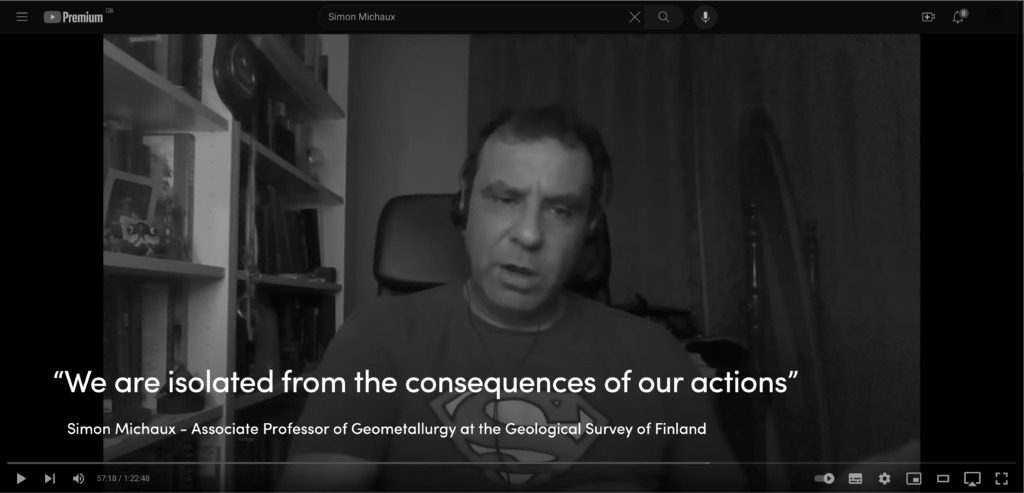
Sublime transformation
In the pursuit of the commodification and commercialisation of artists, and the simultaneous abandonment of transformative art we also waved away the power of the sublime.
Through experiential installations and transformative experiences, artists can unveil the beauty of existence and reveal uncharted realms of comprehension. By exploring and magnifying intercultural, interracial, intergenerational, and all-encompassing commonalities, profound transformation extends an invitation for introspection regarding one’s distinct place in the universe. Cultivated with care and imagination, this is a powerful introspection that can instantaneously erase boundaries and cultivate an atmosphere of unity, a sensation astronauts often refer to as the ‘overview effect’.
From my perspective, the work I embark on no longer seeks to feed the Art-industrial Complex, nor perpetuate the sale of widgets through whizzy launches. Instead, rooted in my unenviable background in crafting experiences for museums and brands, my concentration revolves around utilising the newfound tools at my disposal to trigger deep shifts in ontological perception.
For me, this perspective also underscores the necessity for a simultaneous revolution in the way the thinkers of the arts are nurtured and integrated into society. I believe this shift is not only inevitable but also reemerges as a fundamental prerequisite for any transition that aspires to elicit profound change.
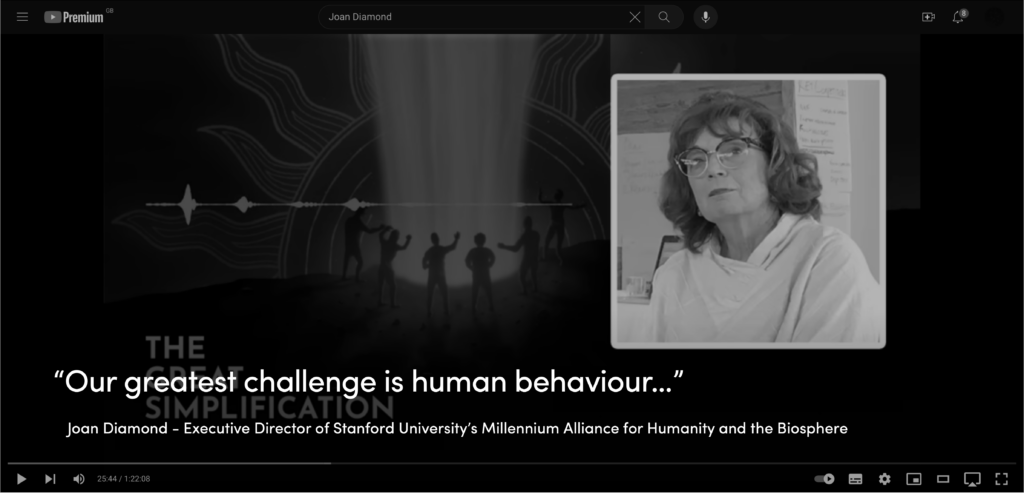
Conclusion
A profound transformation is more than a mere artistic pursuit. Within this context, it signifies a fundamental requirement—an essential shift in our collective consciousness essential to address the catalogue of profound challenges confronting humanity and its home with any meaningful impact.
The fallacy that artists and their creations must either embody obscure notions, represent privileged and overvalued commodities or be seen as underfunded undervalued individuals, or simply that of middle-class unemployable freaks, will inevitably have to dissipate.
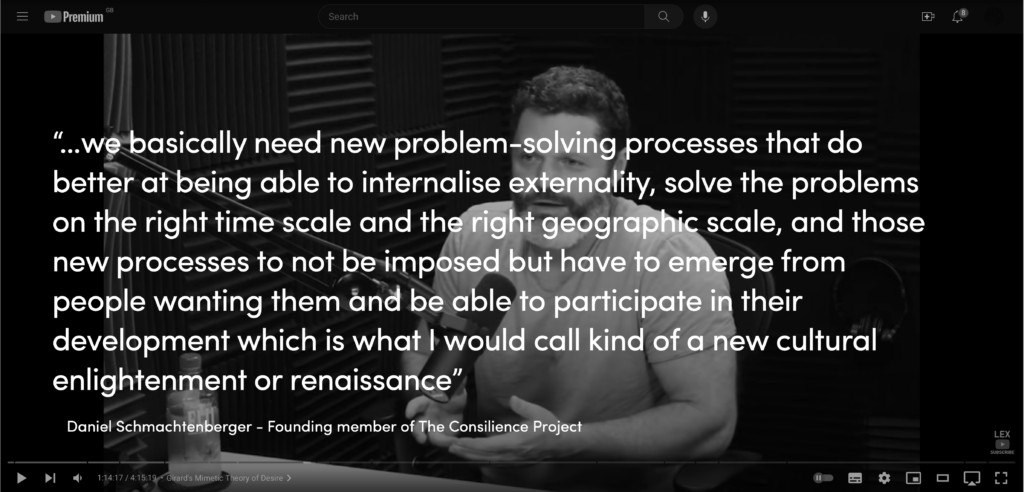
At this point of inflection, it will not be bureaucrats, policy-makers, and desk jockeys emerging with power points to ‘power transition’, instead, it will arise from the profound magic of the right hemisphere— from the creative thinkers, artists, poets, writers, philosophers, architects, musicians, and more, who steer clear of the toxins of limitations, barriers, and weak assumptions. In other words, it is those with vision and unorthodox methodologies that will prove invaluable in envisioning pathways.
Does this make a compelling case for a profound transition in how we perceive artists? Or for the cosmic transformation that the Earth itself will undergo, one that humanity will ultimately traverse? Or will the former lead to a more harmonious rendition of the latter?
While this uncertainty lingers, what remains certain is that the unimagined will inevitably have to be imagined.
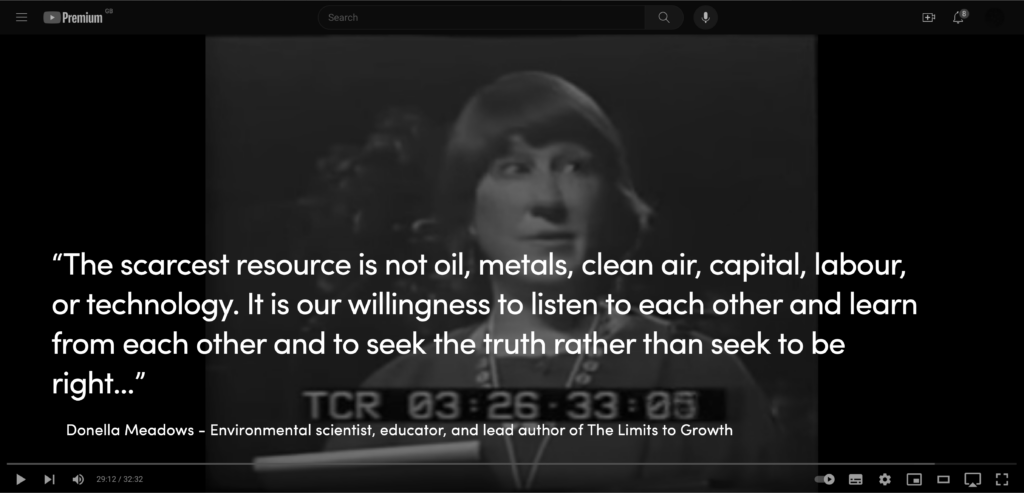
This is part 3 of a series of three articles:
- Experiential science: Embracing ancient practices, advanced technologies and the vital emergence of a profound opportunity
- Punk Innovation: Creative exploration and proposed axioms for modes of rebellious invention
- Profound transformation: The case for a different mindset and why creativity holds the key


